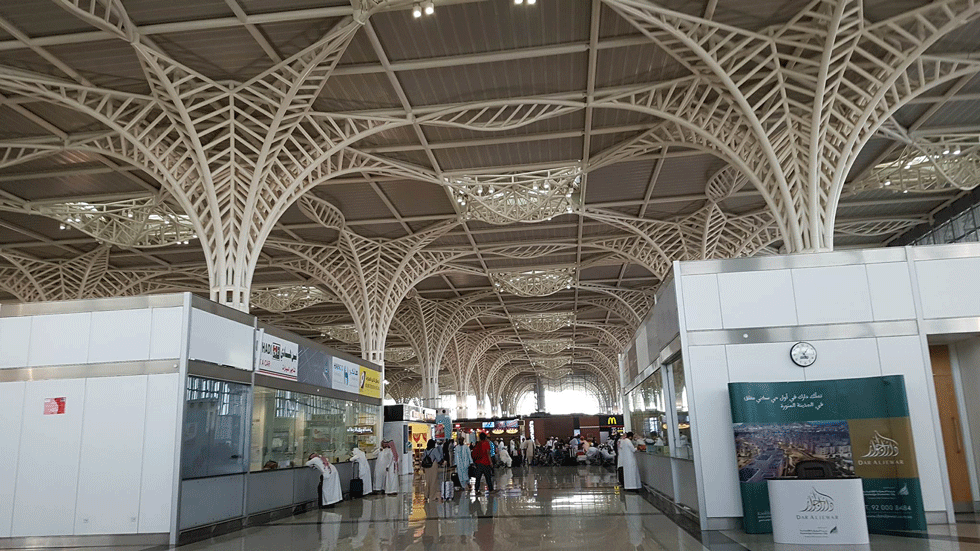

Saudi Arabia's proposed private sector participation (PSP) law will need to align with other investment laws to be effective and trigger economic growth, according to a leading public-private partnership (PPP) expert.
“A PPP law can significantly increase the appetite of foreign investors in the Saudi market,” says Mhamed Biygautane, research fellow at Australia-based Monash University’s Faculty of Law, “but experience from other neighbouring countries shows the ineffectiveness of PPP laws to have any effect on pushing any projects through the PPP pipeline, simply because they either clash with other laws, or they are just simply too optimistically designed, overlooking the harsh local business environment and regulatory limitations.”
Biygautane argues that Saudi Arabia’s proposed law needs either to provide clear exceptions from any conflicting investment and labor laws, or the law has to be accompanied by an amendment of existing investment and labour laws. “Either of these options is critical to achieve the drastic shift from the traditional and deeply rooted public procurement practices into the newly emerging market-dynamics which require a new set of laws, regulations and practices," the executive tells MEED.
Saudi Arabia’s National Centre for Privatisation (NCP) issued the draft PSP law on 8 July 2018 and gave the public until 29 July 2018 to comment on the document before it is finalised.
"The draft PPP law is undoubtedly a strong sign reflecting the determination of the Saudi government to truly depart from the public sector as provider and financier of infrastructure services," explains Biygautane, who notes that giving the public and all stakeholders the chance to comment on the draft of the law breaks with the Saudi government’s traditional 'closed doors' manner of drafting and enacting laws.
Once finalised, the law is expected to unlock SR35bn-SR40bn ($9.3bn-$10.7bn) from selling government assets and create 10,000-12,000 new private sector jobs as outlined in the kingdom’s 2020 Delivery Programme.
The draft law sets out the general principles governing PSP. These include transparency, contract enforcement and planning, and the parameters for the powers and functions of various agencies involved in the programme’s implementation, including the Council of Economic and Development Affairs (Ceda), NCP and various supervisory committees.
The draft law proposes that NCP will establish a PSP projects registry that will be made available to the public “provided it does not contain information of a commercial or security sensitivity.”
Article 12 of the draft law also outlines that the government “may provide financial and economic or other type of support to any PPP project.”
The support may include, but not limited to, providing loans; bank guarantees; guarantees on revenues; contributing to the share of the PPP project; support for projects that are economically desirable but not commercially successful; tariff subsidies; foreign exchange and interest rate fluctuation guarantees; tax benefits; and guarantees on the quality of performance related to the obligations of the governmental entity.
The draft law along with the Delivery Plan 2020 are part of the kingdom’s ambitious Vision 2030 economic reform programme.
You might also like...

Fujairah oil facility catches fire from drone debris
03 March 2026

QatarEnergy stops downstream production operations
03 March 2026

Read the March 2026 MEED Business Review
03 March 2026

Firms prepare Port of Duqm consultancy bids
03 March 2026
A MEED Subscription...
Subscribe or upgrade your current MEED.com package to support your strategic planning with the MENA region’s best source of business information. Proceed to our online shop below to find out more about the features in each package.
Take advantage of our introductory offers below for new subscribers and purchase your access today! If you are an existing client, please reach out to your account manager.







